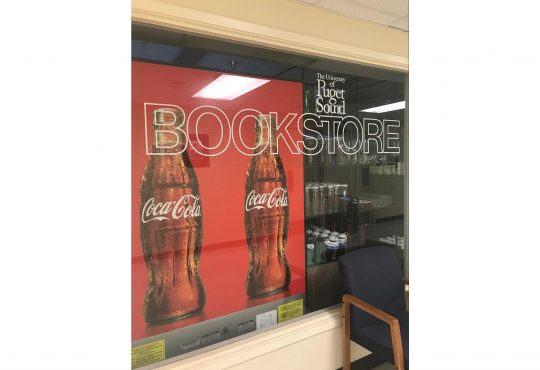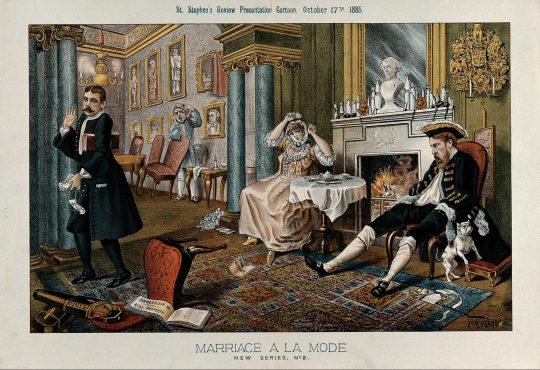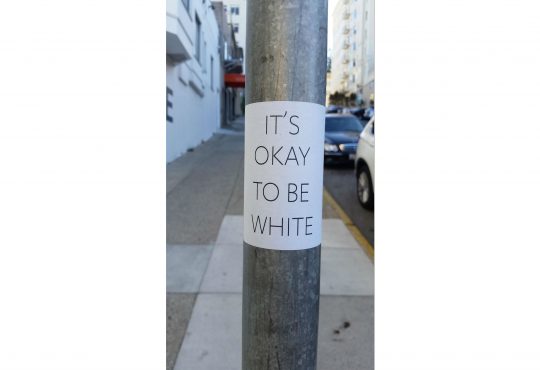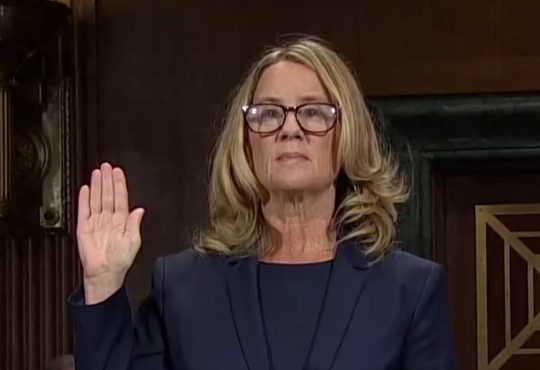New York City is contributing to the nationwide discourse on tobacco age restrictions in a big way.
A bill proposing to raise the legal sale of tobacco to those 21 years and older is currently waiting for a signature on Mayor Michael Bloomberg’s desk.
Alhough New York is not the first city to implement the new age restriction, New York’s legislation has always had a high amount of influence over similar legislation in other cities and states, perhaps because of the city’s cosmopolitan relevance to popular culture.
This debate made me reflect about smoking restrictions on our own campus.
Before the page was mysteriously taken down, the original Puget Sound Confessions page hosted a variety of heated debates about this very issue. The confessions often called for fellow students to quit smoking on the walkway to Wyatt, outside the library, in the parking lots or generally anywhere on campus.
Such confessions incited self-professed smokers to argue that they were entitled to smoke in public areas where smoking is permitted regardless of opinions contrary to the matter.
Although I’m disappointed we no longer have access to some of the more quotable squabbles from the page, I had the opportunity to interview a smoker I know about her opinions on the issue.
She asked to remain anonymous, as her mother is an avid reader of The Trail. (It is good to know we have readers back home, too!)
When I asked her about her feelings on raising the smoking age to 21, a trend that could migrate westward in the years to come, she seemed less combative than I initially expected, and responded, “I think that raising the smoking age to 21 years old makes sense, seeing as that is our current drinking age and both habits should require some good thought and a certain maturity level before a decision is made.”
A story published by Aaron Souppouris on The Verge stated that NYC’s legislation was created in the hopes “that the changes will help prevent would-be smokers from ever taking up the habit—officials say 80 percent of NYC smokers started before the age of 21,” echoing a similar sentiment to that of our Jane Doe smoker.
I continued to grill my seasoned smoker source on how she would feel about a smoke-free campus. Doe was slightly more accommodating than some of the other smokers on the University Confessions page in her response.
“I do not consider that to be an outrageous proposal; plenty of studies have shown that second-hand smoke is detrimental to people’s health, and our campus should be an environment where everyone is comfortable. It does not take that much effort to step off campus to smoke,” she said.
Satisfying different levels of “comfort,” of course, is the key question here on campus. Jane Doe herself cited her personal reasons for partaking in tobacco use (as a means of stress relief), and also noted, “I like to smoke when I drink; it relaxes me.”
Nicotine, for members of our campus community like Doe and the smokers who commented on the Confessions page, is a relaxant, a tool for socialization and a tough habit to break. For others on campus, however, secondhand smoke is a nuisance and an affront to the measures we take towards a more sustainable campus environment.
As a non-smoker whose older family members are paying the health-related price for their long-time smoking habits, I can say that I see no problem with raising the smoking age to 21 to match the sales of other controlled substances, such as alcohol (and now marijuana), in the state of Washington.
As far as the restrictions making any difference in terms of our campus community, the distinction is a little less black and white. The choice to smoke or not to smoke is a personal one.
Nevertheless, it affects the well-being of more people than the individual smoker, and it is difficult to say whether or not we have the right to deny or approve that choice based on personal interest.






